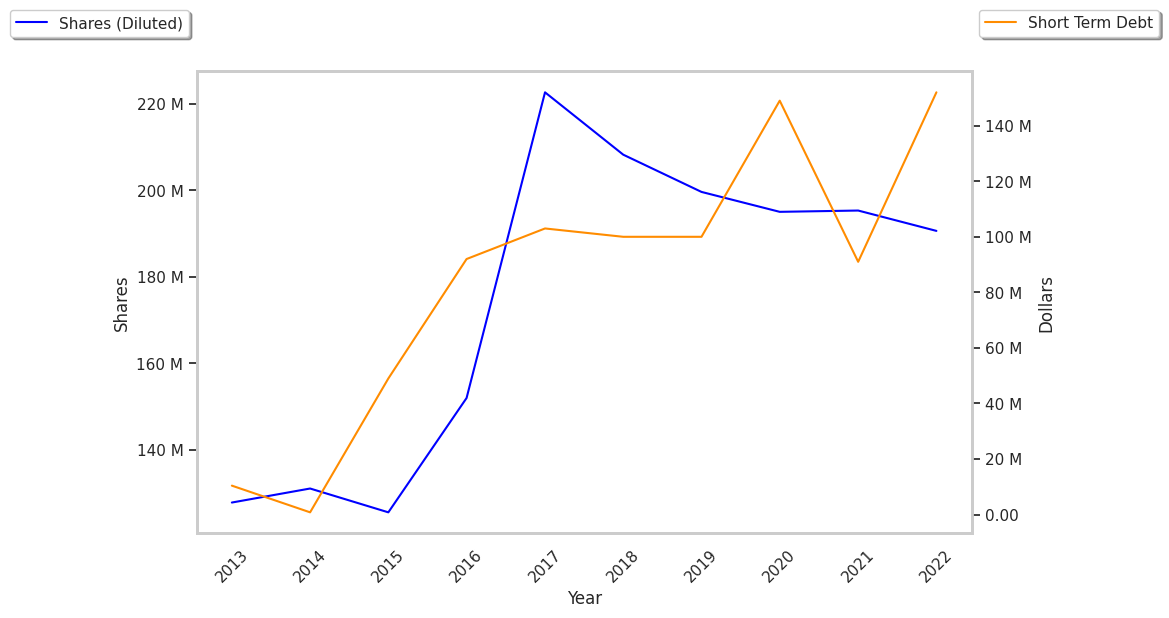Biotechnology company IQVIA is taking Wall Street by surprise today, falling to $138.07 and marking a -4.7% change compared to the S&P 500, which moved -2.0%. IQV is -28.82% below its average analyst target price of $193.97, which implies there is more upside for the stock.
As such, the average analyst rates it at buy. Over the last year, IQVIA has underperfomed the S&P 500 by -47.8%, moving -35.9%.
IQVIA Holdings Inc. provides clinical research services, commercial insights, and healthcare intelligence to the life sciences and healthcare industries in the Americas, Europe, Africa, and the Asia-Pacific. The company is part of the healthcare sector. Healthcare companies work in incredibly complex markets, and their valuations can change in an instant based on a denied drug approval, a research and development breakthrough at a competitor, or a new government regulation. In the longer term, healthcare companies are affected by factors as varied as demographics and epidemiology. Investors who want to understand the healthcare market should be prepared for deep dives into a wide range of topics.
IQVIA's trailing 12 month P/E ratio is 18.8, based on its trailing EPS of $7.33. The company has a forward P/E ratio of 10.6 according to its forward EPS of $12.07 -- which is an estimate of what its earnings will look like in the next quarter. As of the third quarter of 2024, the average Price to Earnings (P/E) ratio for US health care companies is 22.94, and the S&P 500 has an average of 29.3. The P/E ratio consists in the stock's share price divided by its earnings per share (EPS), representing how much investors are willing to spend for each dollar of the company's earnings. Earnings are the company's revenues minus the cost of goods sold, overhead, and taxes.
To deepen our understanding of the company's finances, we should study the effect of its depreciation and capital expenditures on the company's bottom line. We can see the effect of these additional factors in IQVIA's free cash flow, which was $2.11 Billion as of its most recent annual report. This represents the amount of money that is available for reinvesting in the business, or for paying out to investors in the form of a dividend. With its strong cash flows, IQV is in a position to do either -- which can encourage more investors to place their capital in the company. Over the last four years, the company's free cash flow has been growing at a rate of 14.2% and has on average been $1.61 Billion.
Another valuation metric for analyzing a stock is its Price to Book (P/B) Ratio, which consists in its share price divided by its book value per share. The book value refers to the present liquidation value of the company, as if it sold all of its assets and paid off all debts). Iqvia's P/B ratio is 4.02 -- in other words, the market value of the company exceeds its book value by a factor of more than 4, so the company's assets may be overvalued compared to the average P/B ratio of the Health Care sector, which stands at 3.19 as of the third quarter of 2024.
Since it has a Very low P/E ratio, an average P/B ratio, and generally positive cash flows with an upwards trend, IQVIA is likely fairly valued at today's prices. The company has mixed growth prospects because of an average PEG ratio and weak operating margins with a positive growth rate. We hope you enjoyed this overview of IQV's fundamentals. Be sure to check the numbers for yourself, especially focusing on their trends over the last few years.



